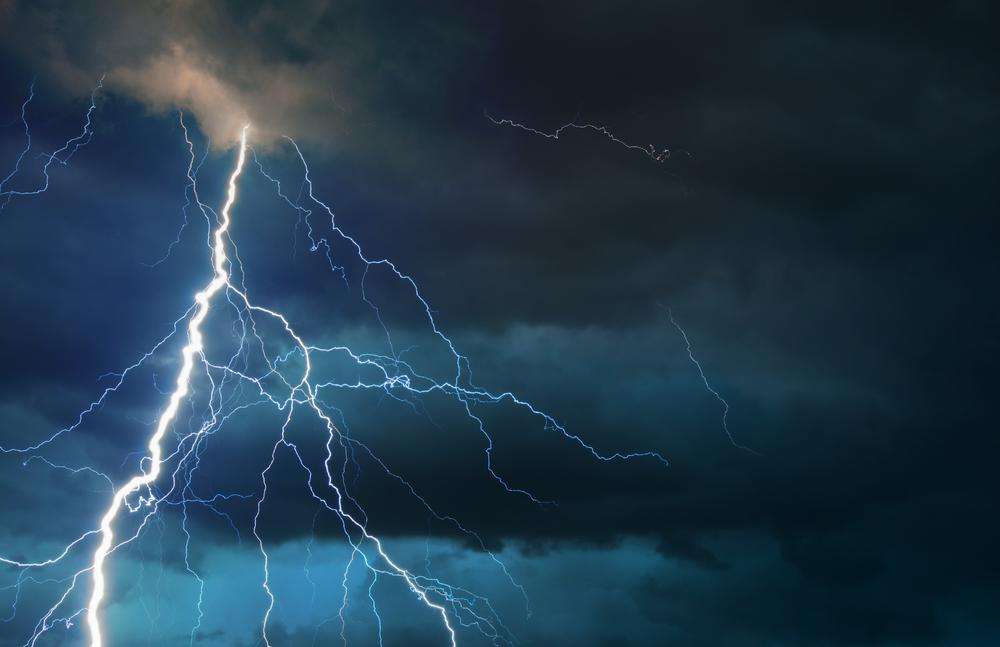- Ghost Addresses have been launched by the provider of the Bitcoin Lightning Network Payment Solution.
- This is expected to simplify the process of transactions as there would be email-like format addresses to receive payment.
Amboss Technologies, the provider of Bitcoin Lightning Network payment solutions has announced the launch of “Ghost Addresses” to move away from the reliance on custodial wallets. According to the report, the initiative would enable users to receive funds directly into their own custody. Lightning Network has been designed for fast and cost-effective micropayments.
The Lightning Addresses ensures that there is an email-like format address to receive payments on the network. It also ensures that there is a static and reusable address that prevents users from creating individual Lightning invoices for transactions.
Users can already receive money directly into their self-custody through the lightning invoices. According to the report, a certain level of technical expertise would be required due to the complex nature of the self-hosted Lightning Address server.
Amboss CEO and co-founder Jesse Shrader commented on this:
Contrary to the trustless spirit of Bitcoin, many applications using Lightning Network for payments rely heavily on centralized, custodial Lightning wallet providers. This is why we’re very excited to announce the release of Ghost Addresses, which solve this problem by enabling anyone to receive payments directly to their self-custodied wallet using what looks like an email address, bypassing these centralized third parties.
More on the Ghost Addresses
With the Ghost Addresses, the existing Lightning Address formats are merged with the advanced features of the Lightning Network for improved security and privacy without additional infrastructure. The destination in Ghost Address invoices is said to be the Phantom node.
These addresses are expected to provide private solutions. This is quite different from the custodial Lightning Addresses which are reported to show payment sizes and subsequent transactions. According to Amboss, proof of completed payments would not be able to be provided using Ghost Addresses.
Shrader has also stated that there is an existing alternative. As captured in his statement, users can create their own Lightning Address server and give it to invoice permissions (macaroons).
Node infrastructure provider] Voltage offers a third-party Lightning Address solution for their users, but this uses an invoice macaroon from the user. [Self-custodial wallet] Zeus also offers a HODL invoice solution, which makes payments stay in a pending state for a long time and has been the cause of expensive force closes [of payment channels]in the network. A bad actor could spam the node with invoice requests and essentially DDOS the node if they got a hold of the invoice macaroon. Another key advantage [to Ghost Addresses]is that payments will either go through or fail within a second or two. There is no pending state that could be the cause of a force close or payment that fails at a later time.
It is reported that the over-reliance on custodial wallet providers to create Lightning Addresses and other services is reported to expose them to shutdown due to demand by regulators.
For now, the capacity of the Lightning Network stands at 5,180 BTC ($226 million). Analysts expect this to have an impact on the Bitcoin price in addition to the impact of the Bitcoin halving and the potential approval of the spot Bitcoin Exchange-Traded Fund (ETF).





















